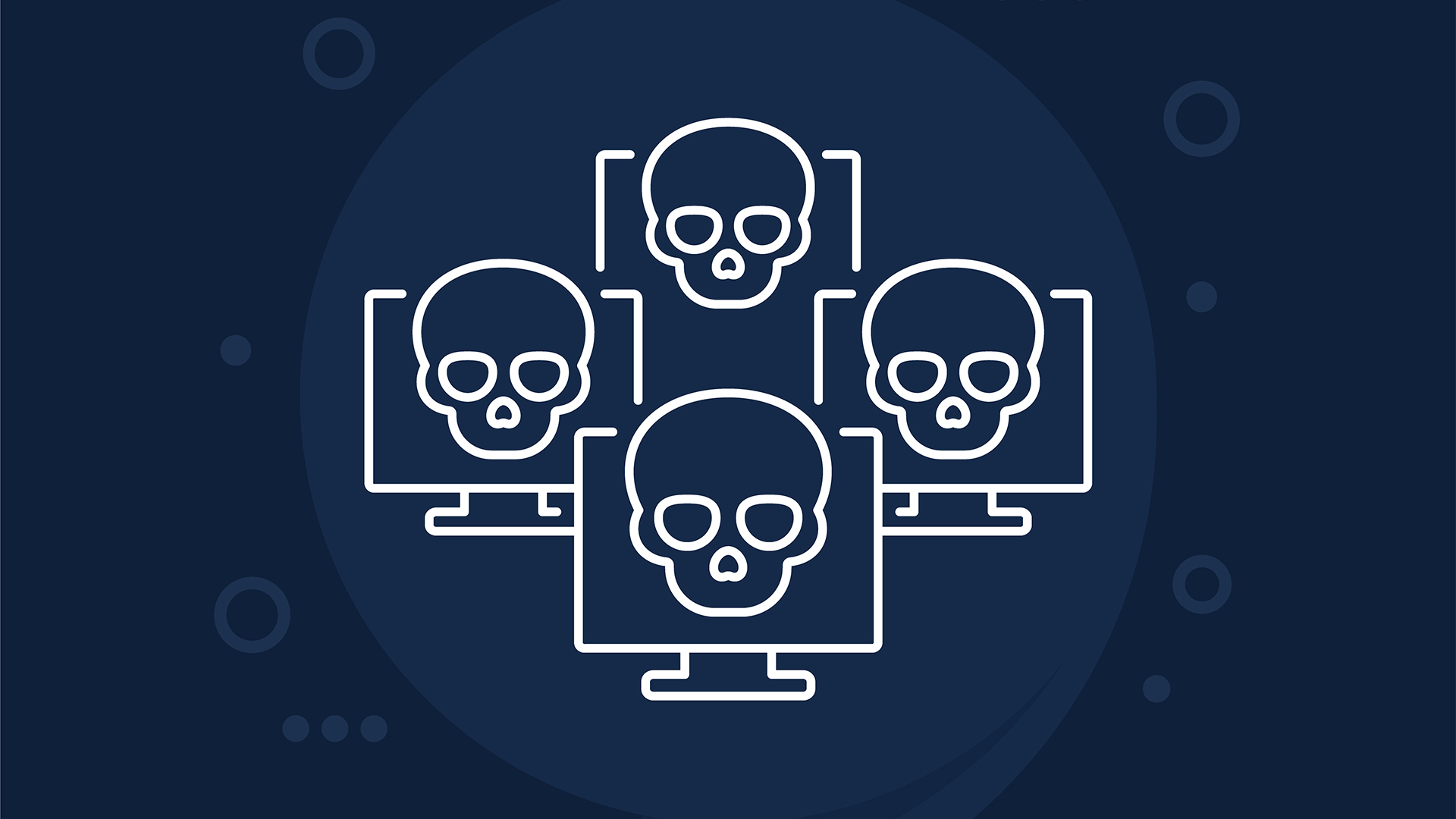Kaspersky finds most effective phishing emails imitate corporate messages, delivery notifications
Almost one in five employees clicked links in business related emails, but most emails containing threats or promising money were identified as phishing


Kaspersky Lab has used phishing simulator data in a study that has revealed employees are most likely to click on a phishing link within an email if the subject line and sender appear to relate to work or a missed delivery.
The most effective phishing email in the study carried the subject line “Failed delivery attempt - Unfortunately, our courier was unable to deliver your item,” with 18.5% of people sent the email clicking the link it provided.
Using the Kaspersky Security Awareness Platform, system administrators can mimic phishing emails and send them without warning to employees. The results can then be tracked to indicate the level of security awareness amongst employees.
Other effective subject lines included “Emails not delivered due to overloaded mail servers,” “Online employee survey: What would you improve about working at the company,” and “Reminder: New company-wide dress code,” all of which prompted 17.5-18% of recipients to click their links. The most effective sender names included “Mail delivery service,” “The Google support team,” and “HR Department.”
Kaspersky’s study was conducted between January 2021 and May 2022 and included the results of over 29,000 employees from 100 countries. With phishing emails behind an estimated 91% of all cyberattacks, the importance of understanding those campaigns that employees will fall for the easiest cannot be overstated.
Conversely, emails that contained threats or promised rewards for clicking links were less likely to prompt clicks with “I hacked your computer and know your search history” and another promising $1,000 only gained 2% and 1% of clicks respectively.
Educating employees on the telltale signs of a phishing campaign can be an effective measure against cyberattacks. Communicating the importance of verifying links and sender addresses, checking attachments aren’t executable files, and flagging up any suspected phishing attacks to your company's IT department can greatly improve safety.
Get the ITPro daily newsletter
Sign up today and you will receive a free copy of our Future Focus 2025 report - the leading guidance on AI, cybersecurity and other IT challenges as per 700+ senior executives
On an administrative level, IT teams should remain vigilant against novel attacks that might circumvent existing security filters. Simulations such as those achievable through Kaspersky Security Awareness Program can provide useful insights into how susceptible employees are to tricks by threat actors.
RELATED RESOURCE

Securing endpoints amid new threats
Ensuring employees have the flexibility and security to work remotely
“Since the methods used by cybercriminals are constantly changing, the simulation has to reflect up-to-date social engineering trends, alongside common cybercrime scenarios,” stated Elena Molchanova, Head of Security Awareness Business Development at Kaspersky.
“It is crucial that simulated attacks are carried out regularly and supplemented with appropriate training – so users will develop a strong vigilance skill that will allow them [to] avoid falling for targeted attacks or so-called spear phishing.”

Rory Bathgate is Features and Multimedia Editor at ITPro, overseeing all in-depth content and case studies. He can also be found co-hosting the ITPro Podcast with Jane McCallion, swapping a keyboard for a microphone to discuss the latest learnings with thought leaders from across the tech sector.
In his free time, Rory enjoys photography, video editing, and good science fiction. After graduating from the University of Kent with a BA in English and American Literature, Rory undertook an MA in Eighteenth-Century Studies at King’s College London. He joined ITPro in 2022 as a graduate, following four years in student journalism. You can contact Rory at rory.bathgate@futurenet.com or on LinkedIn.
-
 Bigger salaries, more burnout: Is the CISO role in crisis?
Bigger salaries, more burnout: Is the CISO role in crisis?In-depth CISOs are more stressed than ever before – but why is this and what can be done?
By Kate O'Flaherty Published
-
 Cheap cyber crime kits can be bought on the dark web for less than $25
Cheap cyber crime kits can be bought on the dark web for less than $25News Research from NordVPN shows phishing kits are now widely available on the dark web and via messaging apps like Telegram, and are often selling for less than $25.
By Emma Woollacott Published
-
 Almost half of US organizations still using Kaspersky, researchers claim
Almost half of US organizations still using Kaspersky, researchers claimNews A ban was introduced due to Kaspersky’s supposed links to the Russian government
By George Fitzmaurice Published
-
 Enterprises are struggling to fill senior cybersecurity roles — and it's causing staff burnout to skyrocket
Enterprises are struggling to fill senior cybersecurity roles — and it's causing staff burnout to skyrocketNews Many senior roles take months to fill, creating cumbersome workloads for mid-level staff and increased burnout
By Emma Woollacott Published
-
 Kaspersky to shut down US division ahead of sales ban
Kaspersky to shut down US division ahead of sales banNews The Russian security company will exit the US and cut staff ahead of a government-imposed sales ban
By Nicole Kobie Published
-
 Botnets are being sold on the dark web for as little as $99
Botnets are being sold on the dark web for as little as $99News More than 20 offers for botnets for hire or sale have been discovered on dark web forums and Telegram channels this year
By Emma Woollacott Published
-
 Small businesses face continued security threats as trojan attacks surge
Small businesses face continued security threats as trojan attacks surgeNews Cyber attacks on small businesses are still growing at a steady pace
By Emma Woollacott Published
-
 Most passwords take a matter of minutes to crack – here’s how you can create strong, hacker-resistant credentials
Most passwords take a matter of minutes to crack – here’s how you can create strong, hacker-resistant credentialsNews Passwords are still criminally insecure and can be cracked or guessed by hackers with ease, but what precautions can you take to avoid getting breached?
By Solomon Klappholz Published
-
 Kaspersky hits back at US software ban, citing political motivations and “theoretical concerns”
Kaspersky hits back at US software ban, citing political motivations and “theoretical concerns”News Kaspersky said it has “repeatedly demonstrated" its independence from any government interference
By Ross Kelly Published
-
 US poised to ban sales of Kaspersky software – reports
US poised to ban sales of Kaspersky software – reportsNews Kaspersky has long denied any links to the Russian government
By Ross Kelly Published